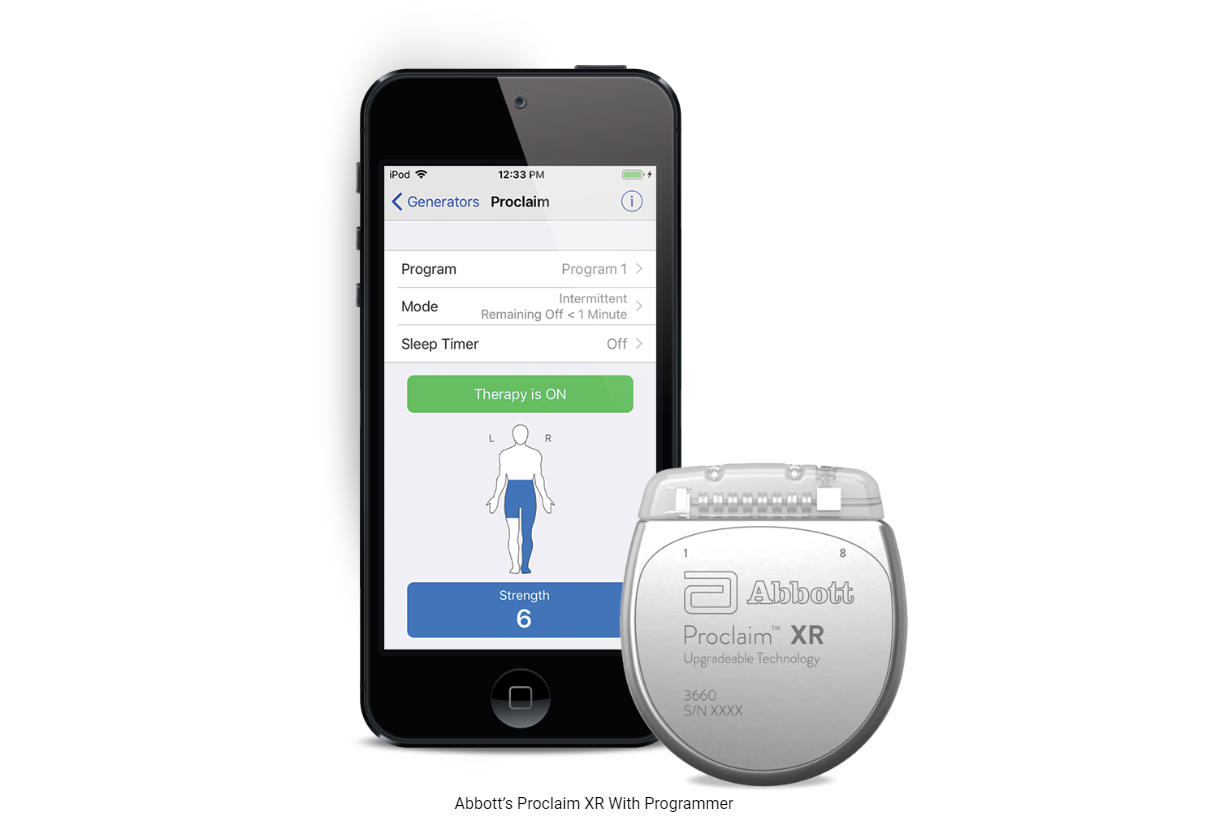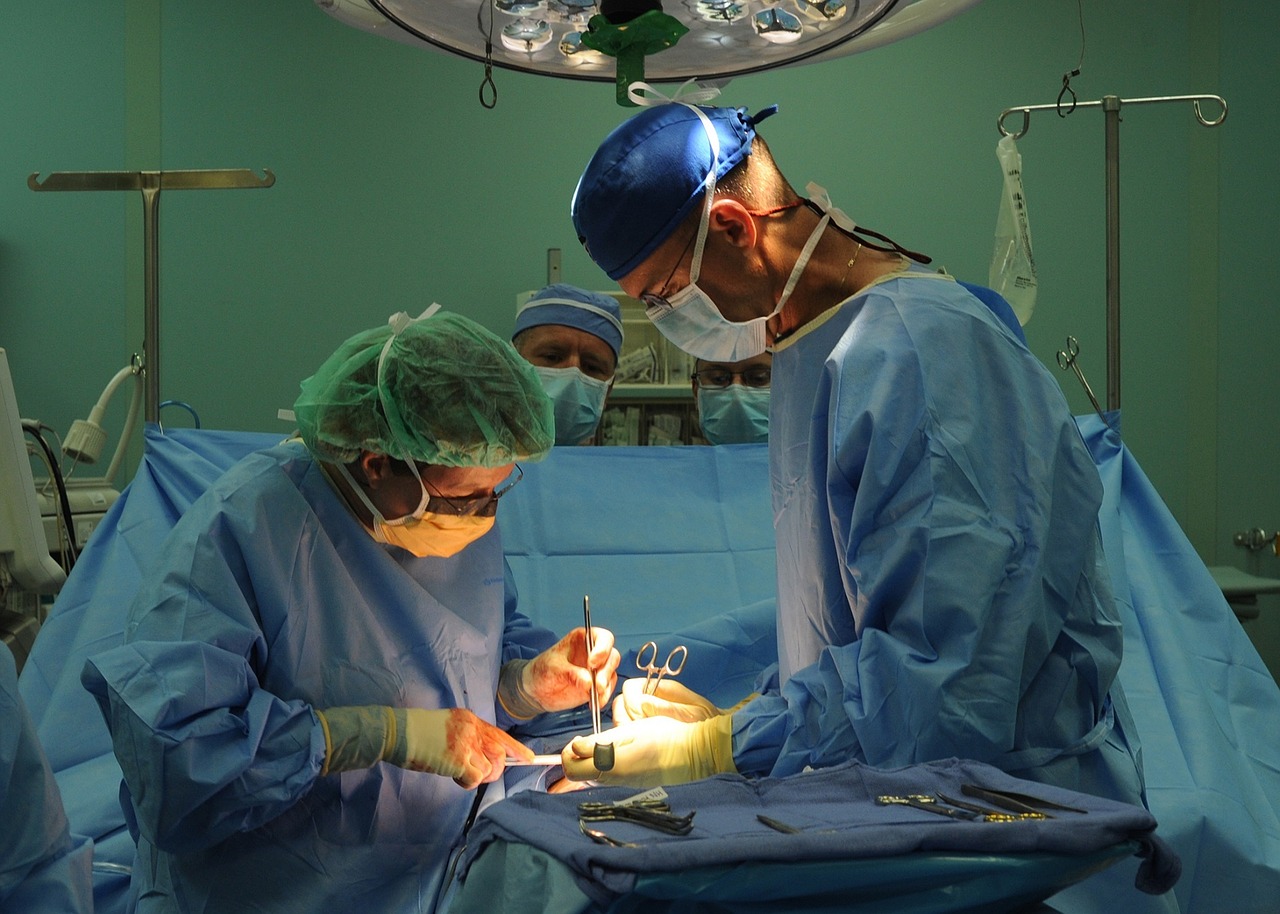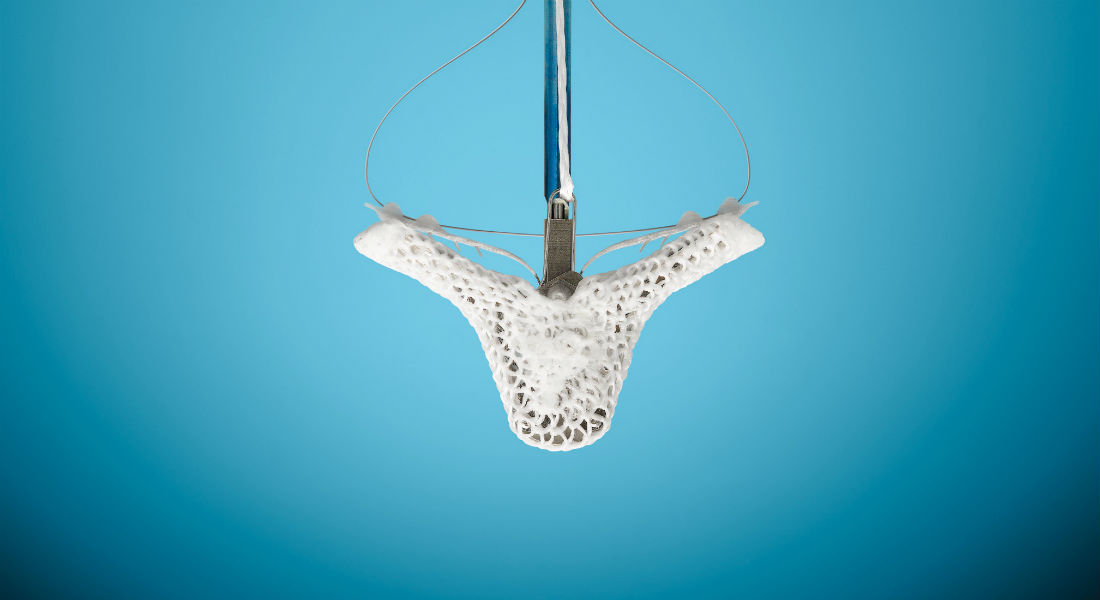2019 was a successful year for Abbott and MitraClip, one of Abbott’s most profitable cardiac medical devices that’s designed to treat patients with leaky mitral valves or mitral regurgitation (MR). Initially approved by the US Food and Drug Administration (FDA) in 2013, the company has since designed three generations of the device, offering new sizes and features that lead to more precise implantation. To date, the device is approved to treat patients who are at prohibitive risk for mitral valve surgery as well as those who develop heart failure and secondary MR.
Now, Abbott wants to cast an even wider net: they recently launched a clinical trial to assess the effectiveness of MitraClip in treating patients who have the option to undergo open heart surgery.
“We’re pushing the field forward by making clinical investments to examine whether new, minimally invasive treatment options are suitable, or even preferable, to what has been the standard of care,” said Dr. Neil Moat, chief medical officer of Abbott’s structural heart business, in a statement.
As many as 85 percent of patients with MR who are eligible for standard-of-care open heart surgery does not end up receiving one. According to a 2018 observational cohort study, this trend holds true even in communities where experienced clinicians and good access to treatment are readily available.
Because this disease frequently affects men and women over the age of 70, the presence of comorbidities and heightened operative risk might discourage patients from seeking surgical treatment.
“However, to leave patients untreated despite a condition with excess mortality and an almost universal risk of death or heart failure within a few years, as demonstrated by our study, is woefully inadequate,” wrote the study authors.
MR is projected to affect 2.3 million US adults by 2030, and if alternative treatment methods are not available soon, a significant proportion of patients will go untreated.
If Abbott’s new clinical trial, called REPAIR-MR, is successful, MitraClip could become a viable option for patients with severe disease. The team plans to enroll 500 patients across 20 US, Canadian and European sites, who will be randomized to undergo minimally invasive transcatheter-clip based therapy or standard-of-care open heart surgery.
Abbott has made a strong case for MitraClip in the past. According to recent analyses of their pivotal COAPT trial, they found that the MitraClip was both cost-effective and less resource-intensive compared to guideline-directed medical therapy. Patients showed sustained improvements in quality of life even two years post-treatment.
Representatives from four medical associations requested the Centers for Medicare & Medicaid to revamp their National Coverage Determination for transcatheter mitral valve repair procedures. Reimbursement is expected to play a crucial role in the adoption of MitraClip in the clinic.
Having a minimally invasive option for the treatment of MR could be game-changing. With the six-year REPAIR-MR trial underway, patients, clinicians and other stakeholders will have to see how Abbott’s MitraClip sizes up to today’s standard of care.












Join or login to leave a comment
JOIN LOGIN